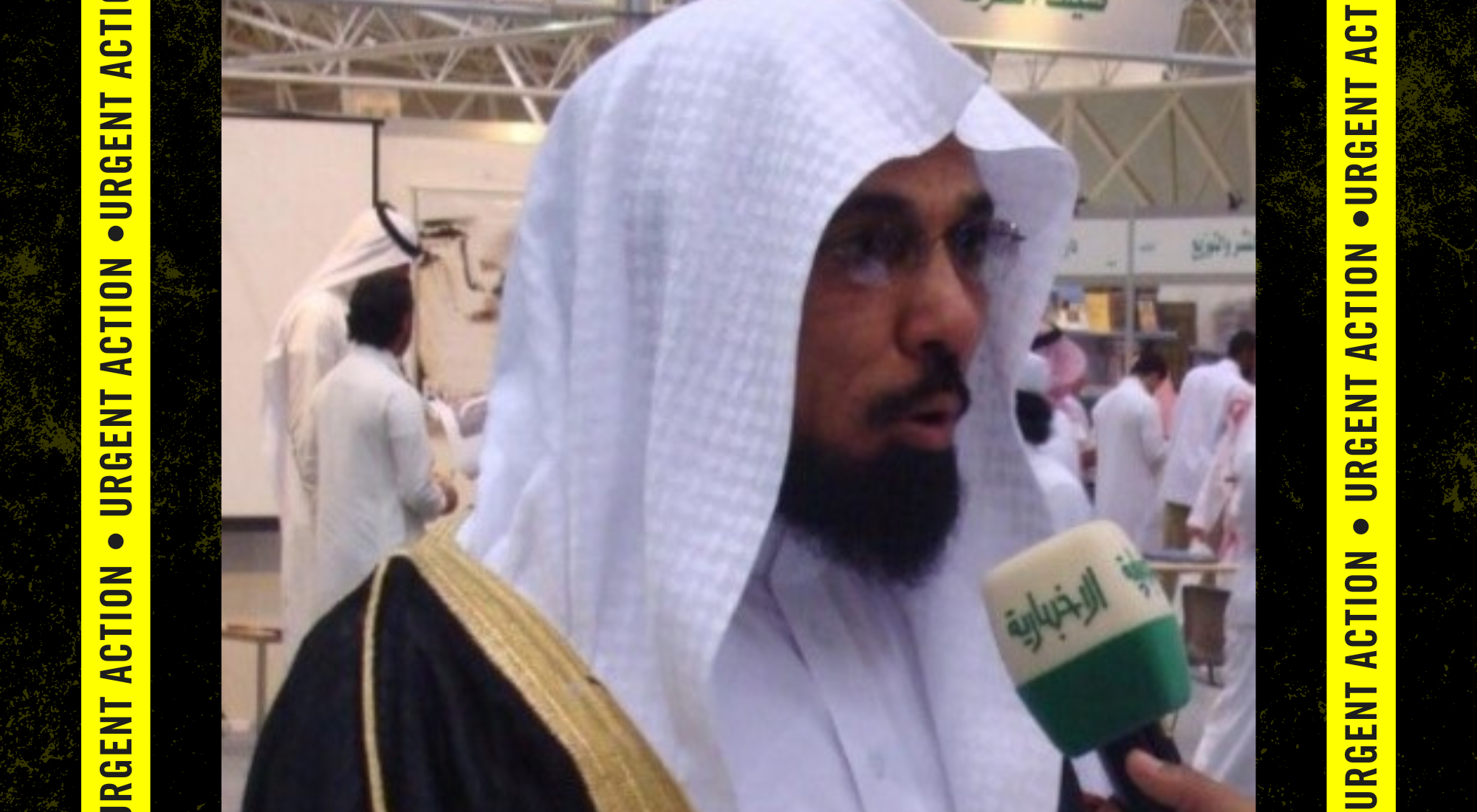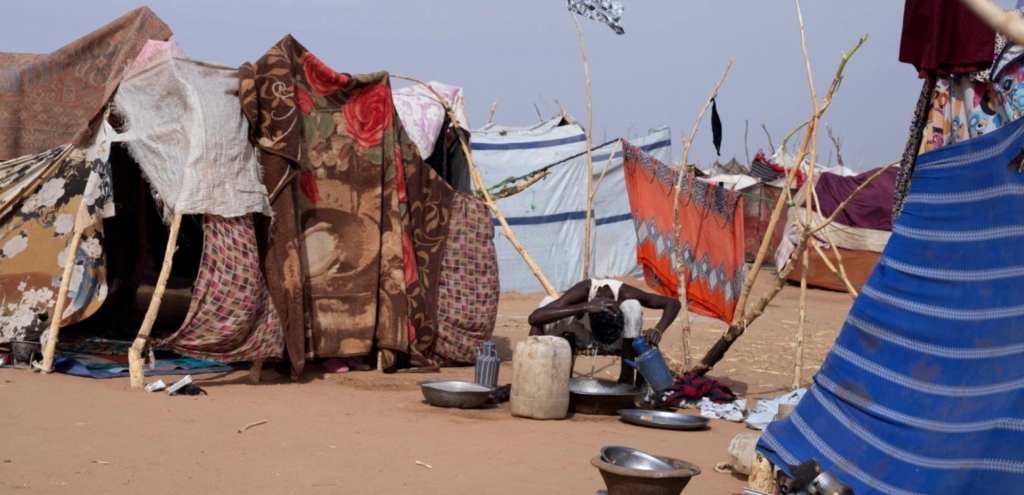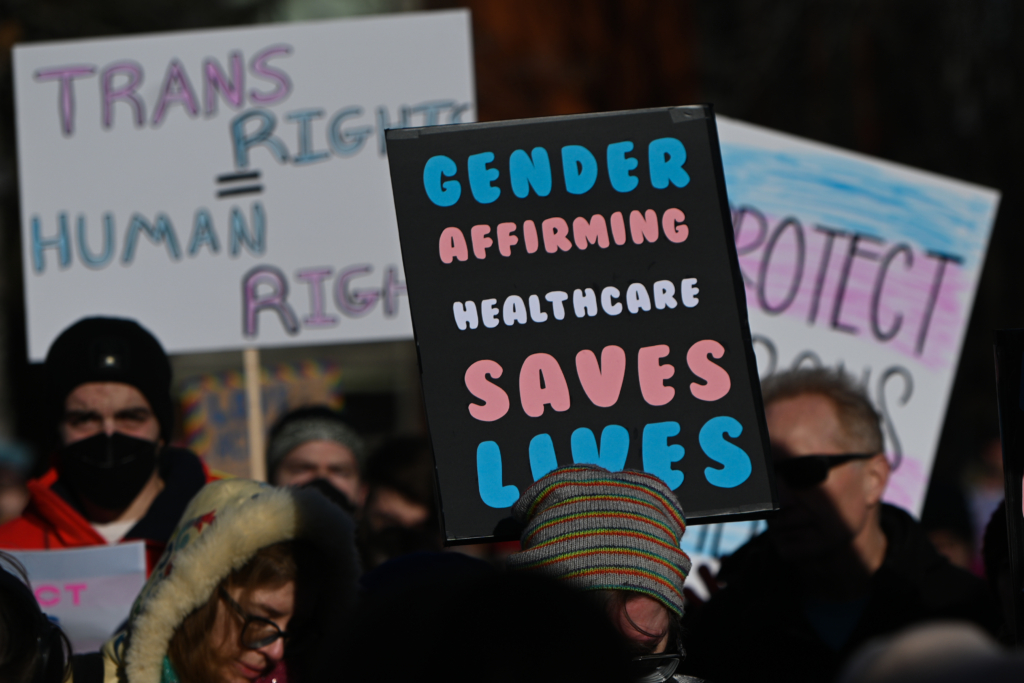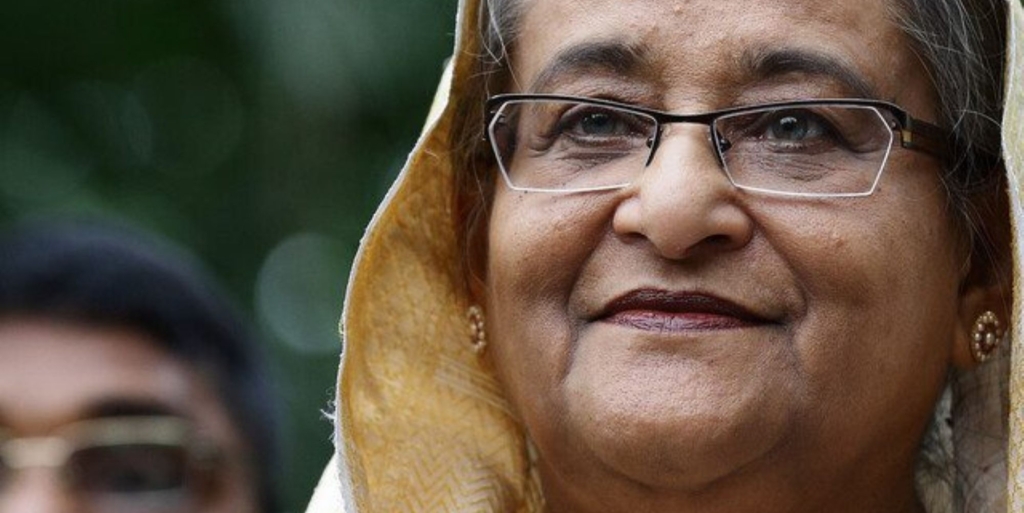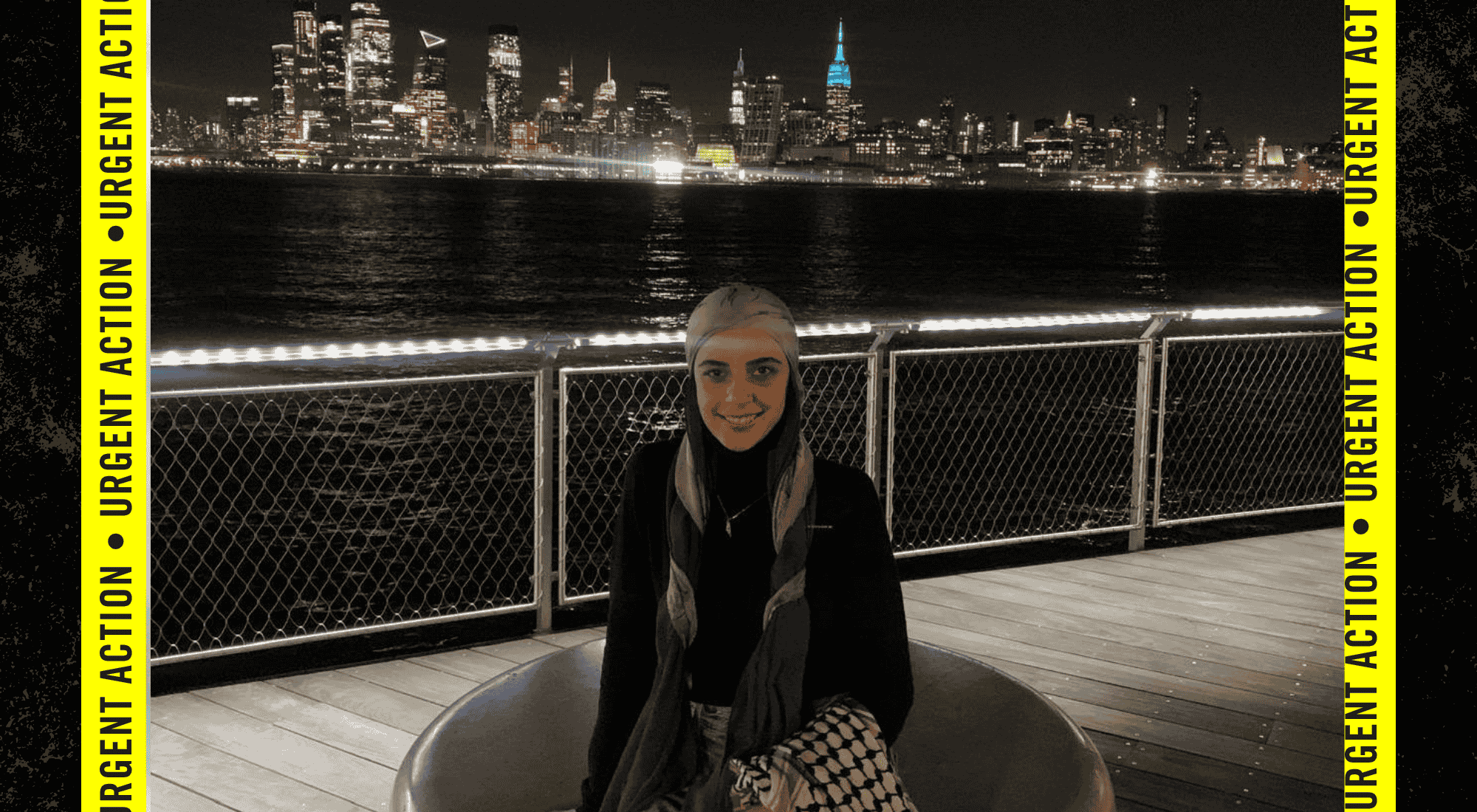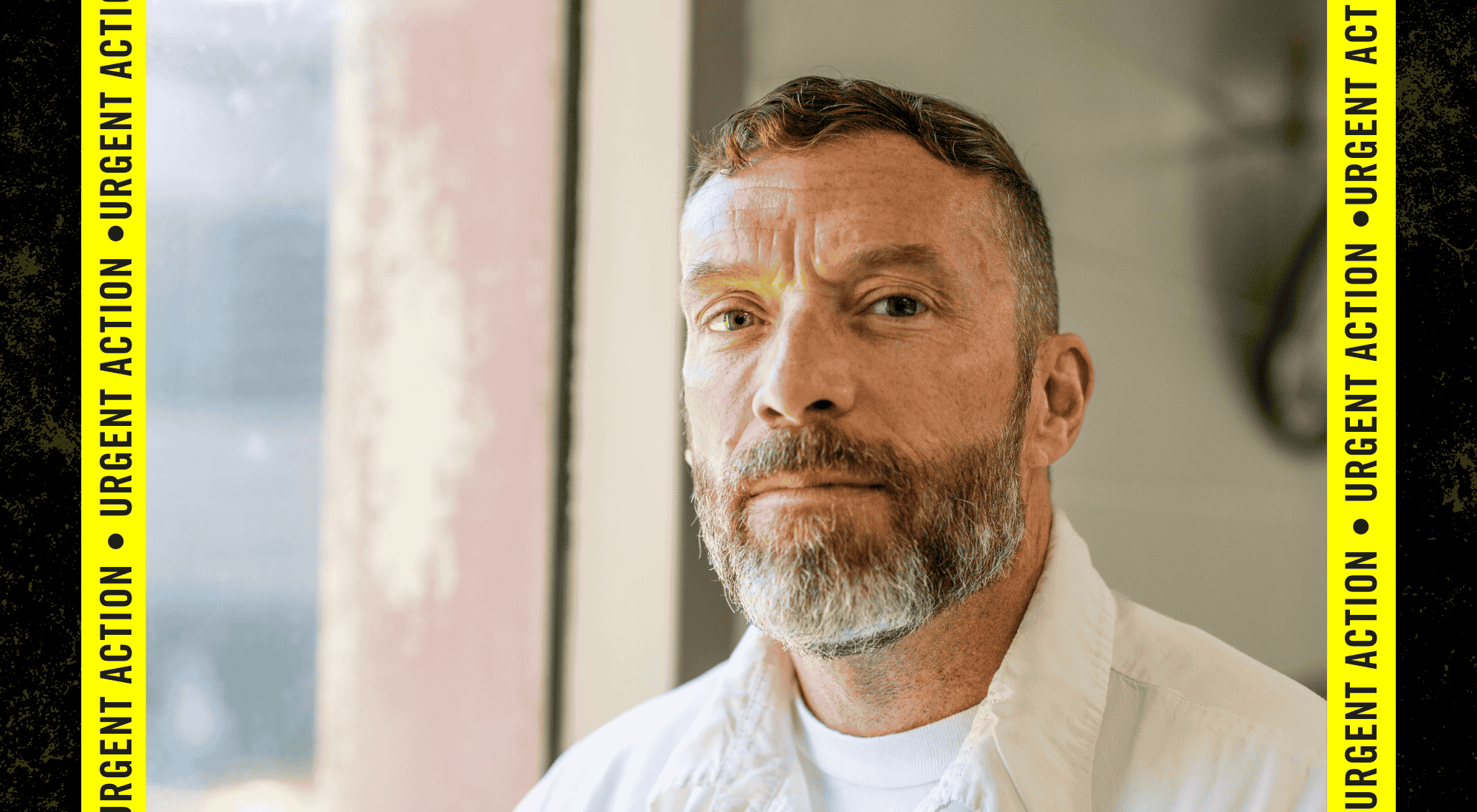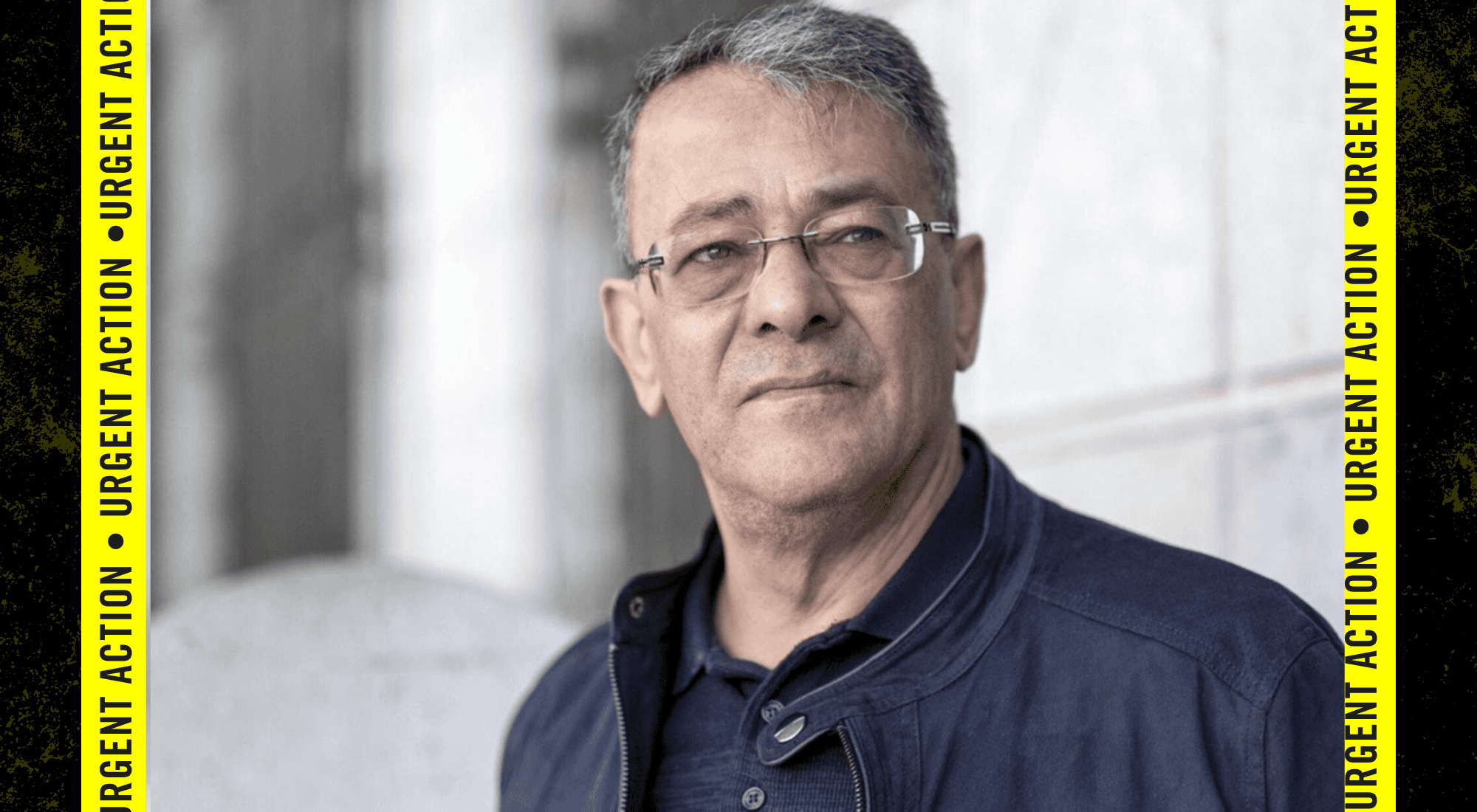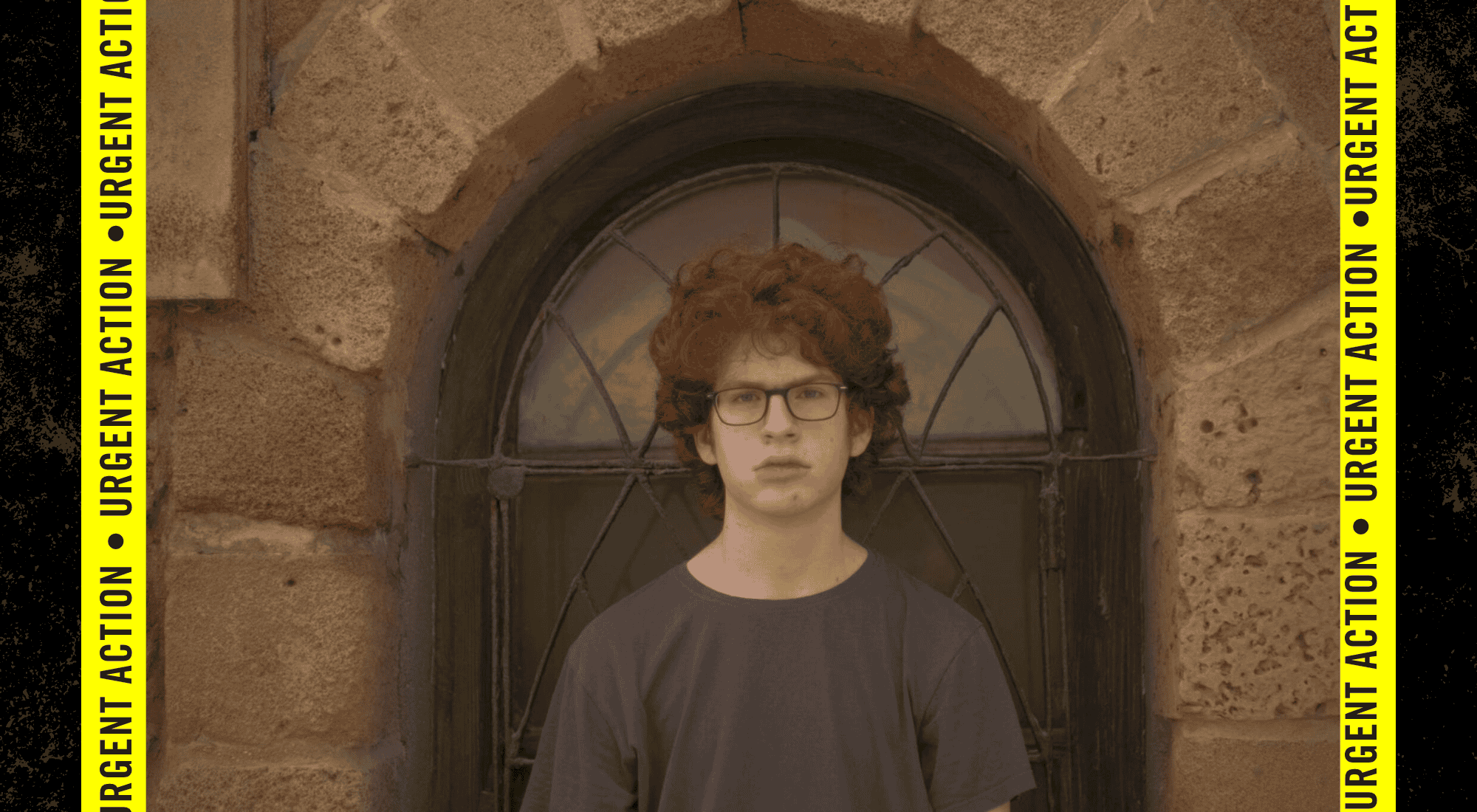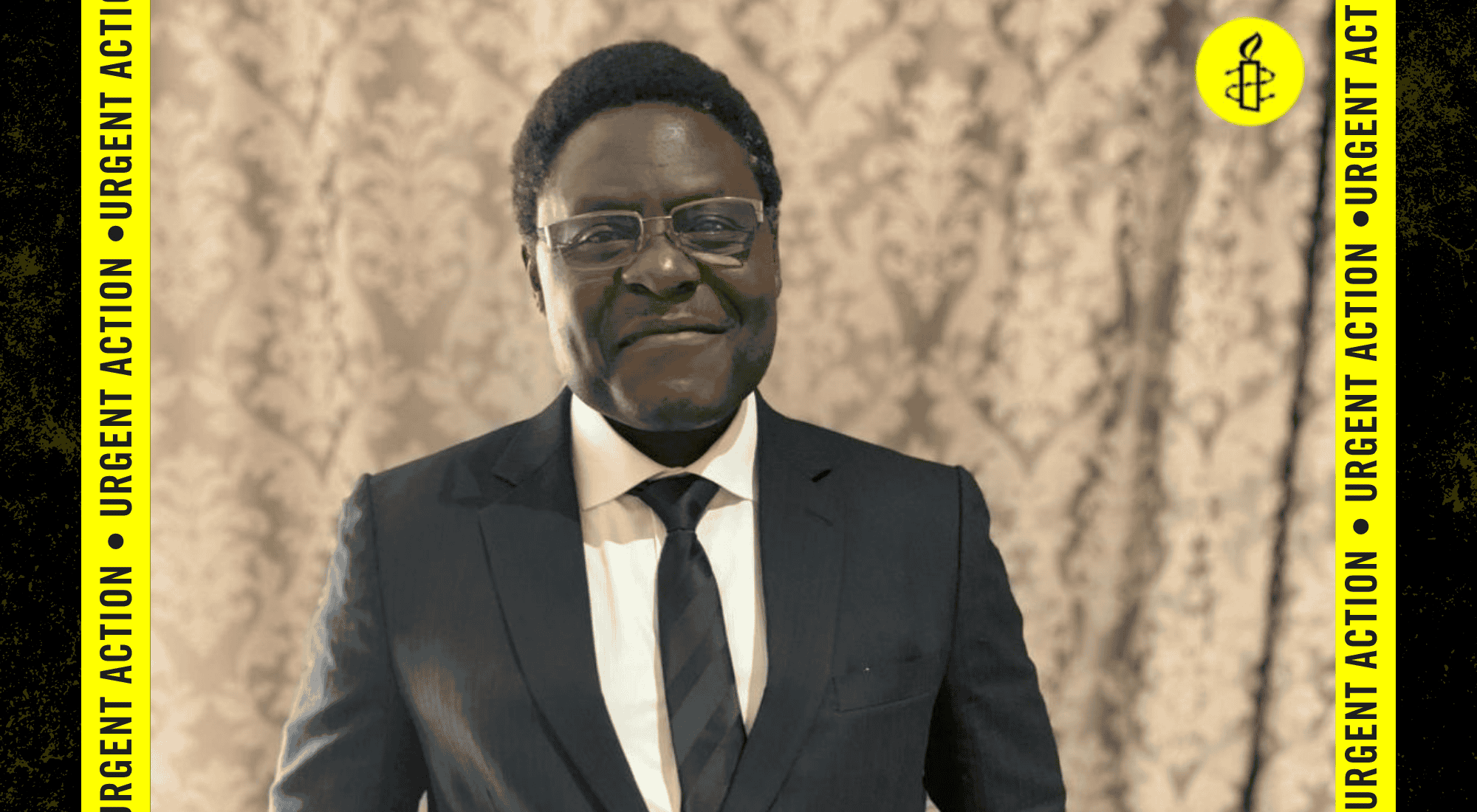Sheikh Salman Alodah, a reformist cleric, has been unjustly detained in Saudi Arabia since September 7, 2017. Authorities arrested him without a warrant just hours after he posted a peaceful tweet praying for “unity of hearts” during a diplomatic conflict between Saudi Arabia and Qatar.
For seven years, he has been held in solitary confinement. This long-term isolation amounts to torture or other cruel treatment under international law. His health is getting worse. He has lost half of his hearing and eyesight.
In 2018, he was put on secret trial before the Specialized Criminal Court. He faced 37 charges, including supporting Arab Spring protests and calling for the release of prisoners on social media. The prosecution is seeking the death penalty.
Sheikh Salman Alodah is being punished simply for speaking out peacefully. Saudi authorities must immediately and unconditionally release him.
Here’s what you can do:
Write to the Saudi Minister for Justice urging the authorities to:
- Immediately and unconditionally release Sheikh Salman Alodah.
- Until he is released, end his solitary confinement and provide him with adequate medical care.
- Ensure his fair trial rights are fully respected and prevent any further violations.
Write to:
Waleed Mohammed Al Smani
Minister of Justice
Postal Code 11472, P.O.Box 7775
Riyadh, Kingdom of Saudi Arabia
Email: minister-office@moj.gov.sa
Salutation: Your Excellency,
And copy:
Her Excellency Amal Yahya Almoalimi
Ambassador
Royal Embassy of Saudi Arabia
201 Sussex Driv
Ottawa, ON K1N 1K6
Tel: (613) 237-4100 Fax: (613) 237-0567
Email: caemb@mofa.gov.sa
Unlawful search and harassment of family
On November 13, 2017—two months after Sheikh Salman Alodah’s arrest—men in civilian clothes and balaclavas, believed to be from the state security directorate, raided his home. They searched the house and took electronic devices and books. When the family asked for a warrant, the men admitted they didn’t have one and gave no reason for the search.
Since his arrest, all 19 members of Sheikh Alodah’s immediate family in Saudi Arabia have been placed under an unofficial travel ban.
Solitary confinement and health concerns
For the first five months of his detention, Sheikh Alodah was held incommunicado and in solitary confinement. He had no contact with his family or a lawyer, except for one short phone call a month after his arrest.
In January 2018, he was hospitalized due to his worsening health. He was not allowed to speak with his family until a month later. Although he remains mostly in solitary confinement, he now receives family visits roughly once a month.
Unfair charges and legal violations
According to court documents reviewed by Amnesty International, Sheikh Alodah faces 37 charges. These include alleged ties to the Muslim Brotherhood and accusations such as:
- Supporting revolutions in Arab countries.
- Sharing social media posts that highlight the suffering of people and criticize government policies.
- Calling for the release of prisoners and demanding accountability from the Ministry of Interior.
- Encouraging freedom of expression and reform.
The prosecution claims these peaceful actions “incited public opinion” and “defamed the state.”
Crackdown on free expression in Saudi Arabia
Sheikh Alodah’s case is part of a wider crackdown on free speech in Saudi Arabia. Authorities have increasingly targeted people—both citizens and foreign nationals—for peacefully expressing their opinions. Many have received long prison sentences simply for criticizing government policies or calling for reform.
Legal proceedings in these cases often fail to meet international standards. Detainees are frequently held in solitary confinement and denied access to lawyers or courts.
Since 2013, Amnesty International has documented 86 such cases, including human rights defenders, political activists, poets, journalists, and clerics. Of these, 40 were charged for social media posts. The true number is likely much higher.
Please take action as soon as possible until October 10, 2025. The UA will be duly updated should there be the need for further action.












